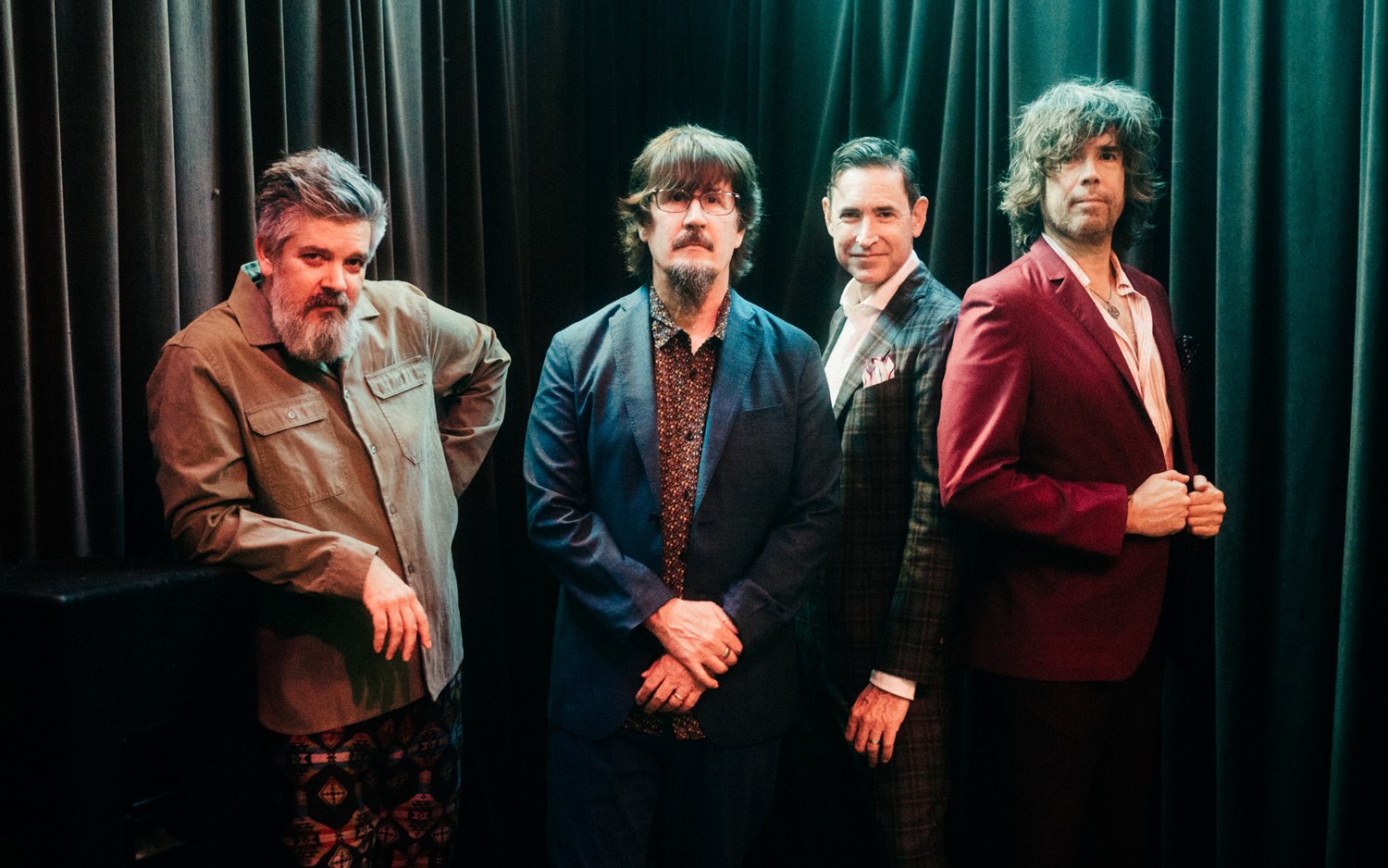The Mountain Goats’ John Darnielle may have published several novels, served on the board of Reproductive Freedom for All (formerly NARAL), hosted a podcast about his music, and acted in an episode of “Poker Face,” but none of these achievements compare to his stature as a singer-songwriter.
The New Yorker called Darnielle music’s “best non hip-hop lyricist,” and he’s proven it time and again with a dizzying array of songs. Past Mountain Goats albums have themes that range from pro wrestling to Dungeons & Dragons. The band’s latest, Jenny from Thebes, is a rock opera and a sequel to its 2002 album, All Hail West Texas.
“If we’re going to do a sequel to a record that was recorded almost entirely on a boombox, why not do the opposite and make it as big as possible?” Darnielle asks in the band’s publicity bio.
Darnielle formed the band as a solo project in 1991 in Claremont, California, but the lineup has changed a number of times over the years. Now based in Durham, North Carolina, The Mountain Goats have released 22 albums in addition to several EP releases and compilations.
The Mountain Goats’ setlists are known to differ at every show, opening with unique songs each night—maybe one from 1994 or something recently composed, with few songs overlapping from night to night. There’s no shortage of back catalog for the band to pull from, yet it commits to reinventing old songs, even going back to early lo-fi cassette-only releases.
The band’s 2024 tour features Darnielle at the piano, then moving to the guitar, intermingling rockers and stripped-down songs from different eras.
“This Year,” with its painfully timely refrain, promises “I am gonna make it through this year if it kills me.” (Look up The Mountain Goats’ performance of the song on “The Late Show with Stephen Colbert,” where Colbert himself joins the band.) The evening typically ends in a rousing singalong of “No Children,” with fans singing “I hope you die / I hope we both die” together in jubilation.
The camaraderie is part of the joy of a Mountain Goats live show, where you’ll find endless clever turns of phrase, a few history lessons, and a gutting vulnerability where you expect to find it least.
—Erin Lyndal Martin






